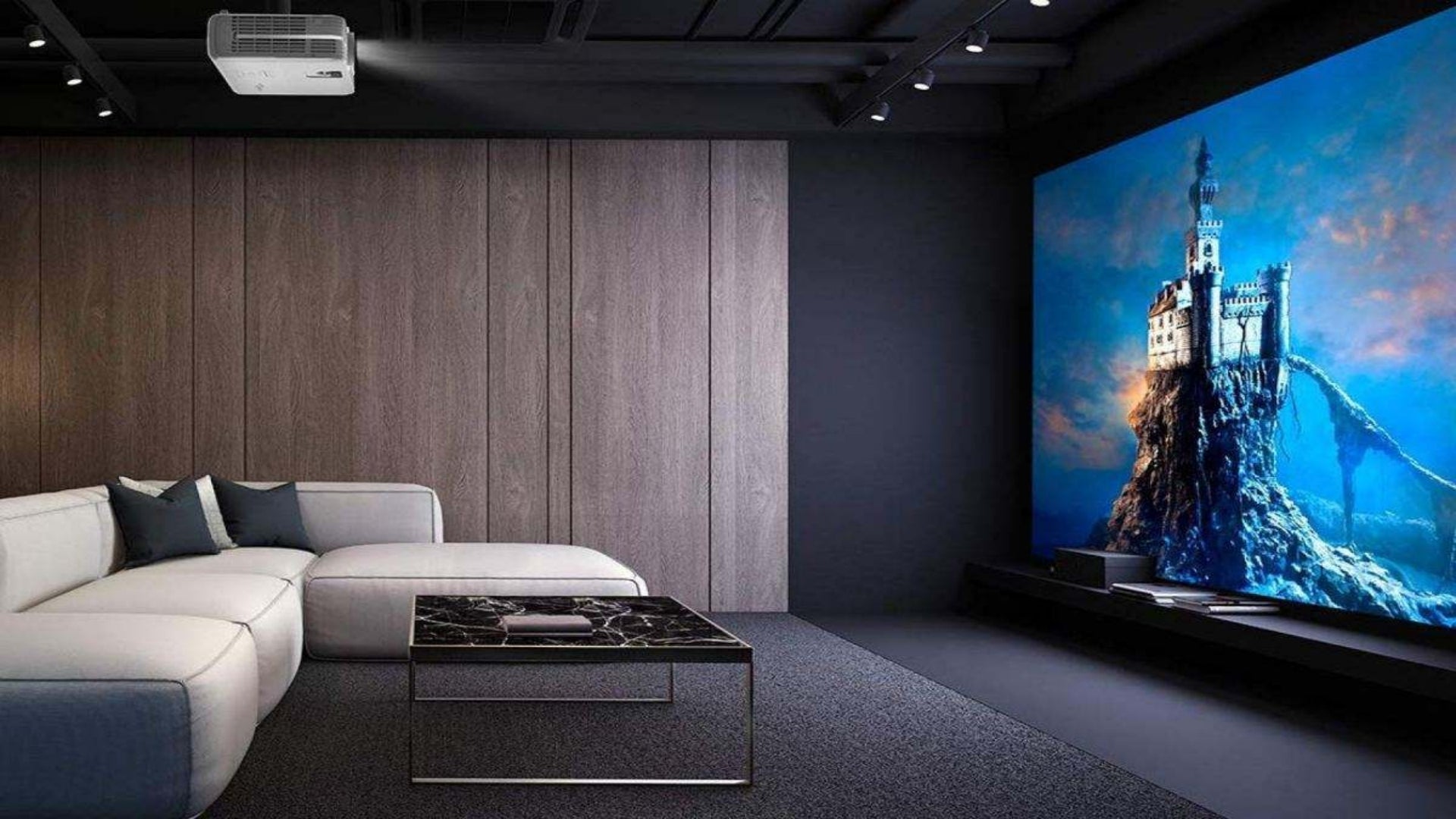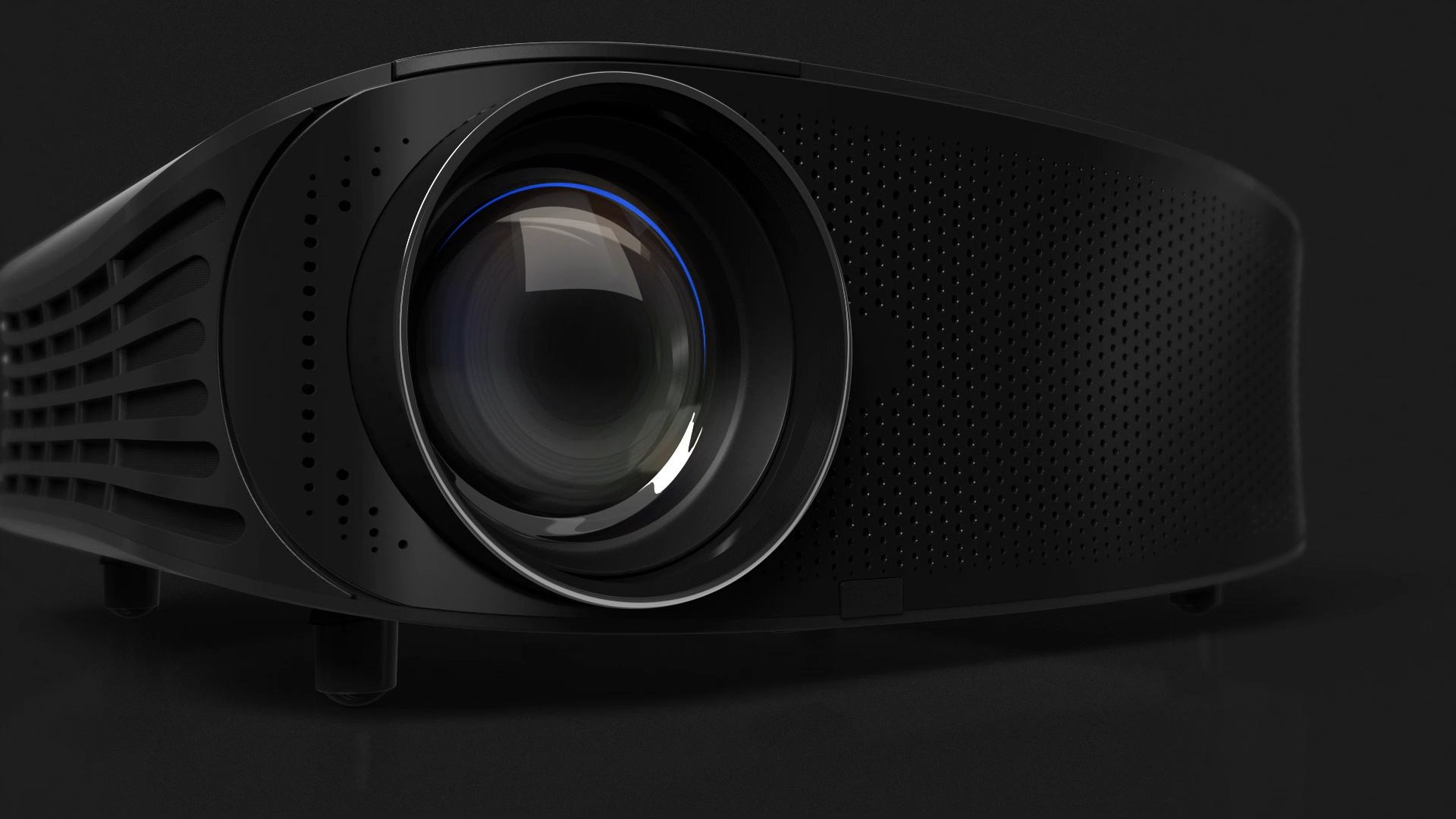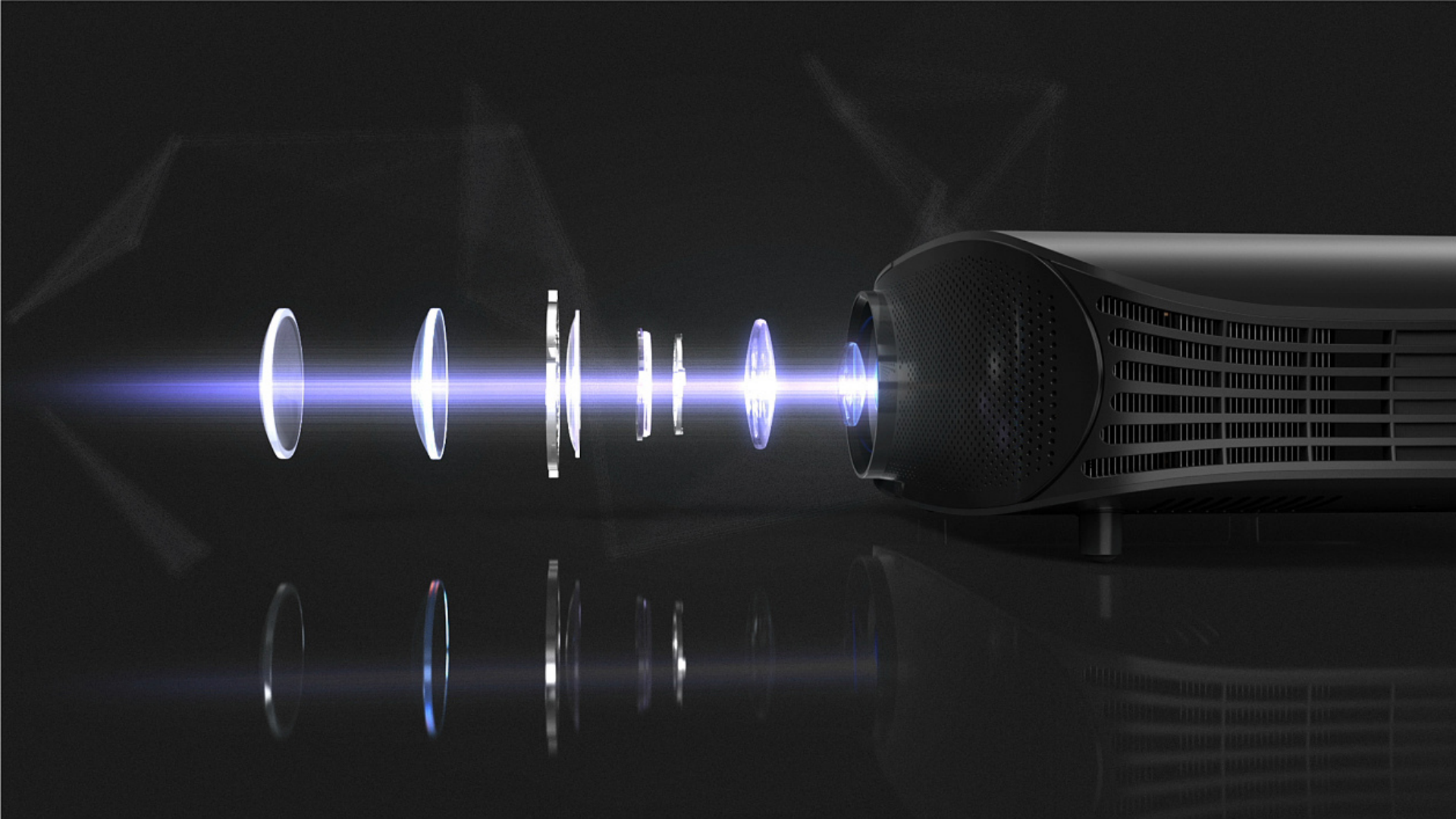Convex lenses have proven to be the preferred application in projection systems, where their role is to collimate and focus light.
The lens adjusts the light beam source emitted by the light source into parallel light, which significantly increases the brightness around the display panel and eliminates the sunspot effect, thereby improving the overall display brightness uniformity.

Convex lenses are often used with other display elements such as cylindrical lenses. The advantage of convex lenses in projection systems is that it increases the brightness of the display by focusing or adjusting light collimation.
If the collimating lens were eliminated, a lot of light would be lost as it passed through the panel, and significant heat would appear on the display. The dot effect reduces the brightness around the display. Also, on the other side of the LCD screen, we have to focus the light from the panel into the projection lens.

Positive focal length lenses form a virtual upright image. The convex magnifying glass is an ultra-thin magnifying glass. Made of transparent plexiglass (PMMA lens/PC lens). The minimum thickness can be between 0.45mm~0.90mm.

Unlike ordinary magnifiers, its surface is covered with tiny optical designs and contains many convex lenses in its spiral stripes. Referring to the ring, light passing through it is bent to create the phenomenon of diffraction, resulting in a magnified image. Convex lenses are characterized by higher brightness and flat surfaces than ordinary lenses, as well as a larger optical area.
